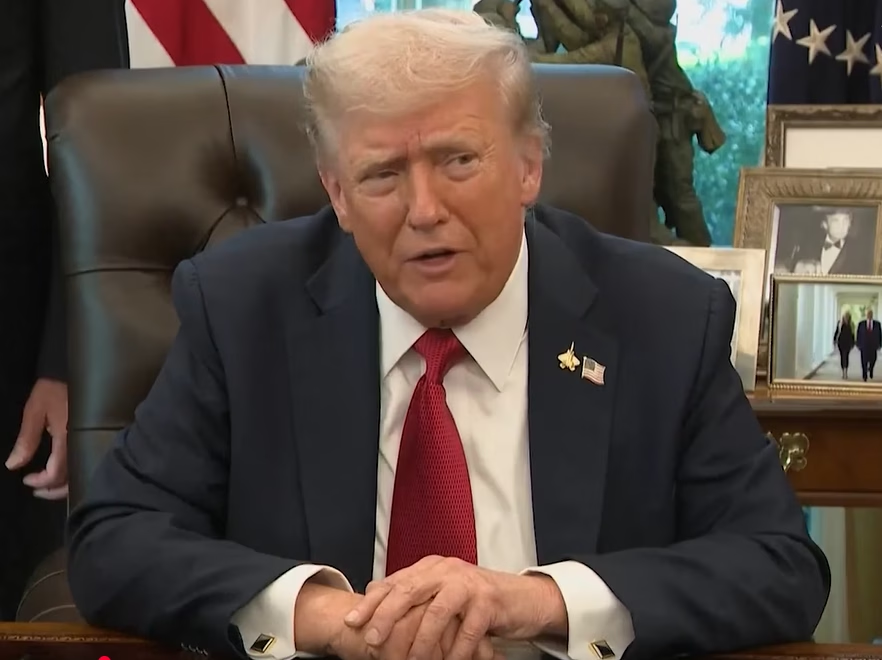Diplomatic efforts between the United States and Venezuela have come to a sudden halt after US President Donald Trump reportedly instructed his envoys to withdraw from negotiations with Caracas. The move, according to The New York Times, could signal the beginning of a “potential military escalation” or efforts to remove Venezuelan President Nicolás Maduro from office.
Bilateral relations, already strained, have worsened amid claims by Washington that its actions target international drug cartels. Yet the decision appears to carry broader implications, particularly for Venezuela’s internal stability and the future of US policy in Latin America.
Trump’s Growing Frustration With Maduro
During a meeting with senior military leaders last week, Trump is said to have issued direct orders to his special presidential envoy, Richard Grenell, who had been overseeing communications with the Maduro administration. Citing anonymous sources, The New York Times reported that the president had “grown frustrated” with Maduro’s refusal to step aside voluntarily.
The breakdown in talks underscores Trump’s deepening impatience with Caracas, whose leadership continues to reject US allegations linking Venezuela to the global narcotics trade.
Failed Diplomacy And Internal Division
Before negotiations were officially terminated, Grenell had reportedly sought to strike an arrangement that could avert a military conflict while granting American companies access to Venezuelan oil reserves. His initiative, however, faced internal opposition.
According to the same report, US Secretary of State Marco Rubio dismissed these efforts as “unhelpful and creating confusion.”
This divergence within Washington’s own ranks highlights the conflicting approaches inside the administration, torn between diplomatic engagement and coercive measures.
Washington’s Drug Trafficking Allegations
In recent weeks, the United States has intensified its operations near Venezuelan waters, claiming to have destroyed several alleged “drug boats” in the Caribbean. The strikes, US officials said, resulted in the deaths of more than a dozen people.
US authorities maintain that Venezuela’s leadership holds close ties to international cartels and have described Maduro as “effectively a kingpin of a drug narco state.” Publicly, however, Trump has denied pursuing regime change, insisting that his government’s actions are focused solely on curbing illicit trafficking.
Caracas Responds With Defiance
President Maduro has consistently rejected the accusations, condemning them as attempts to destabilise Venezuela and justify intervention. He has characterised the recent escalation as a direct attack on his sovereignty.
In response to the mounting tension, Caracas has heightened its military readiness, expanding deployments near coastal regions and reinforcing its defences in anticipation of potential conflict.
The Uncertain Road Ahead
The end of diplomatic outreach marks a sharp departure from earlier American attempts at negotiation, replacing dialogue with confrontation. Analysts suggest that while a full-scale military intervention remains uncertain, the rhetoric on both sides has hardened, narrowing the path to peaceful resolution.
The unfolding situation leaves Venezuela caught between internal economic crisis and external pressure, as Washington weighs its next move in a standoff that increasingly resembles the geopolitical clashes of decades past.

















